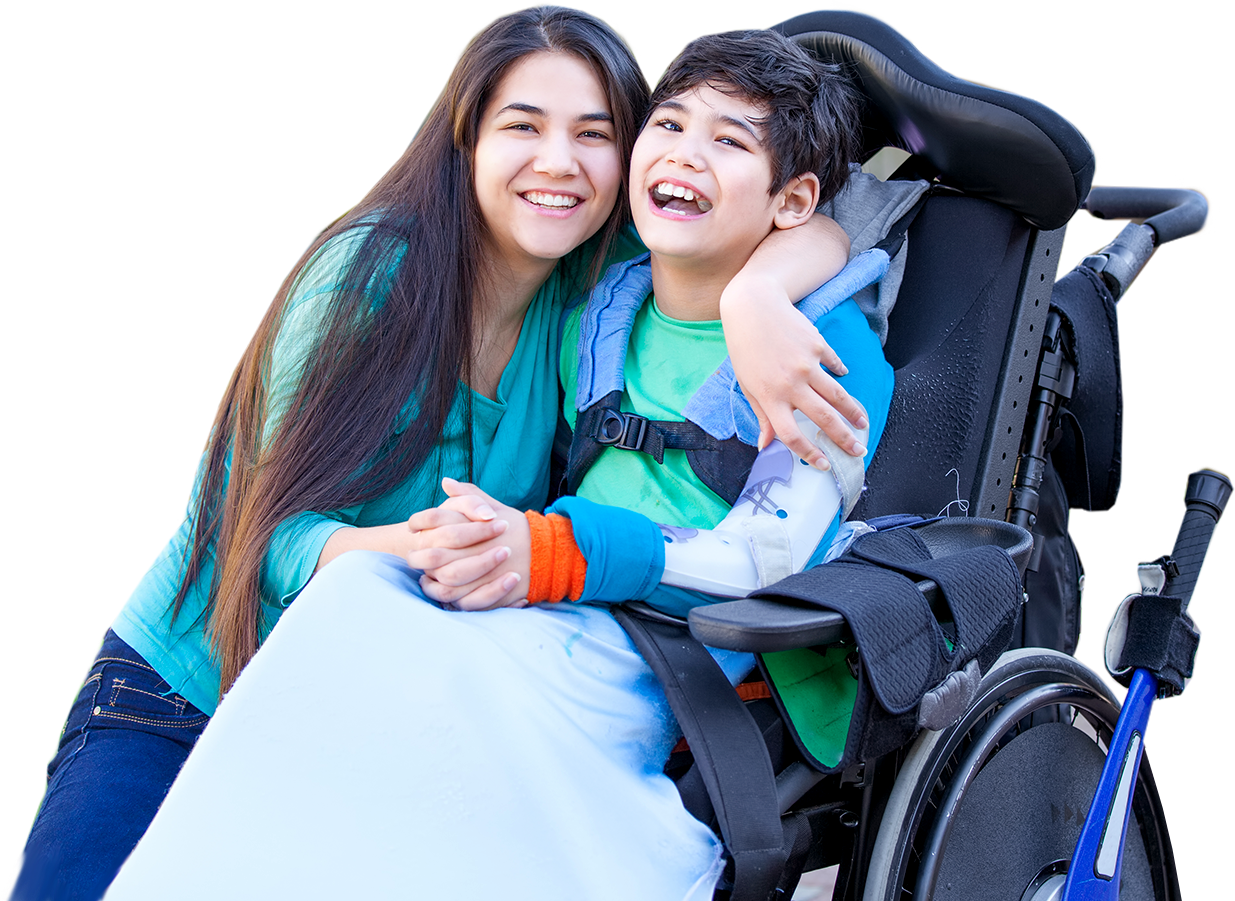CPFN Blog
advice to better care for your child

- Alternative
- Assistive Technology
- Associated Conditions
- Birth Injury
- Causes of Cerebral Palsy
- Cerebral Palsy Diagnosis
- Cerebral Palsy Information
- Cerebral Palsy Therapies
- Cerebral Palsy Treatments
- Child Development
- Doctor Visits
- Education
- Equipment
- Featured
- Legal Help
- Medical Research
- News
- Patient Care
- Prenatal Care and Childbirth
- Stories
- Tips for Parents
- Types of Cerebral Palsy
- Updates
Understanding the Risks of Misdiagnosed Fetal Position
At the time of delivery, the position of an unborn child in a woman’s uterus is considered normal only if it presents itself head-first and face down (known as the occiput anterior position). If the baby presents itself in any other position such as feet first, buttocks first or sideways, it is termed a breech presentation or breech birth and considered abnormal. Read More
8 Things to Know After a Cerebral Palsy Diagnosis
For some parents, hearing the words “your child has cerebral palsy” for the first time is a huge shock. For many others, it only confirms what they have suspected for a long time. Still, some parents are relieved to hear the news; they knew something was wrong, and now that they know what it is, they can begin to take action. Read More
When Pursuing a Cerebral Palsy Diagnosis, Persistence is Key
Cerebral palsy is one of the most common developmental disorders in children. However, it may take years before an official cerebral palsy diagnosis is made. As a parent, you know your child better than anyone else, including your child’s doctors. If you believe your child isn’t developing normally, insist that your doctor investigate your concerns. Read More
How to Determine if Your Child Suffered a Birth Injury
Parents who come to me for advice about a birth injury lawsuit already suspect something went wrong during the delivery of their child. They are armed with a recent diagnosis of cerebral palsy or some other disorder, and desperately want to know the truth about what happened. Were they to blame? Was the doctor? The hospital? Read More
Tips for Getting a Free or Low-Cost iPad
If you think your child could benefit from iPads and apps but you don’t want to break the bank, check out these ways you can go about getting an iPad completely (or mostly) free. Read More
Hearing Loss in Children with Cerebral Palsy
Children with cerebral palsy are more prone to hearing loss than other children. In fact, research indicates that about 15-20% of children with cerebral palsy have a hearing impairment of some kind. Without proper treatment, hearing loss in children with cerebral palsy can lead to difficulties in language development and social interactions are they grow older. Read More
Visual Issues in Children with Cerebral Palsy
tudies have indicated that as many as 75% of children suffering from cerebral palsy have vision impairments of some kind. Sense of sight is an important part of a child’s development, and for children affected by cerebral palsy, detecting vision issues early is critical. Read More
The Power of Social Media to Affect Disability Policy
Raising a child with a disability can sometimes feel isolating. Parents frustrated with policies and laws affecting their child may believe that there is little they can do to make their voices heard. In today’s Internet culture, it’s easier than ever before for the disabled and their families to come together and affect change on a large scale. Read More
A Grandmother’s Story: Seeking Answers and Help for Jakob
Rachel, the grandmother of a young boy with cerebral palsy, shares the story of her grandson’s difficult birth. After the mistakes made by hospital staff, her grandson Jakob did not get the oxygen his brain needed. This is their story of success and how attorneys uncovered the truth. I got there (to the hospital) about... Read More
Parents of Kids with CP: Your Rights Under the FMLA
Working parents of kids with CP often face unique challenges. For example, you may need to take several weeks off work while your child recovers from surgery. If you work holidays, there are likely no qualified caretakers available to watch your child on those days. There are hundreds of nerve-wracking ways that caring for your... Read More
